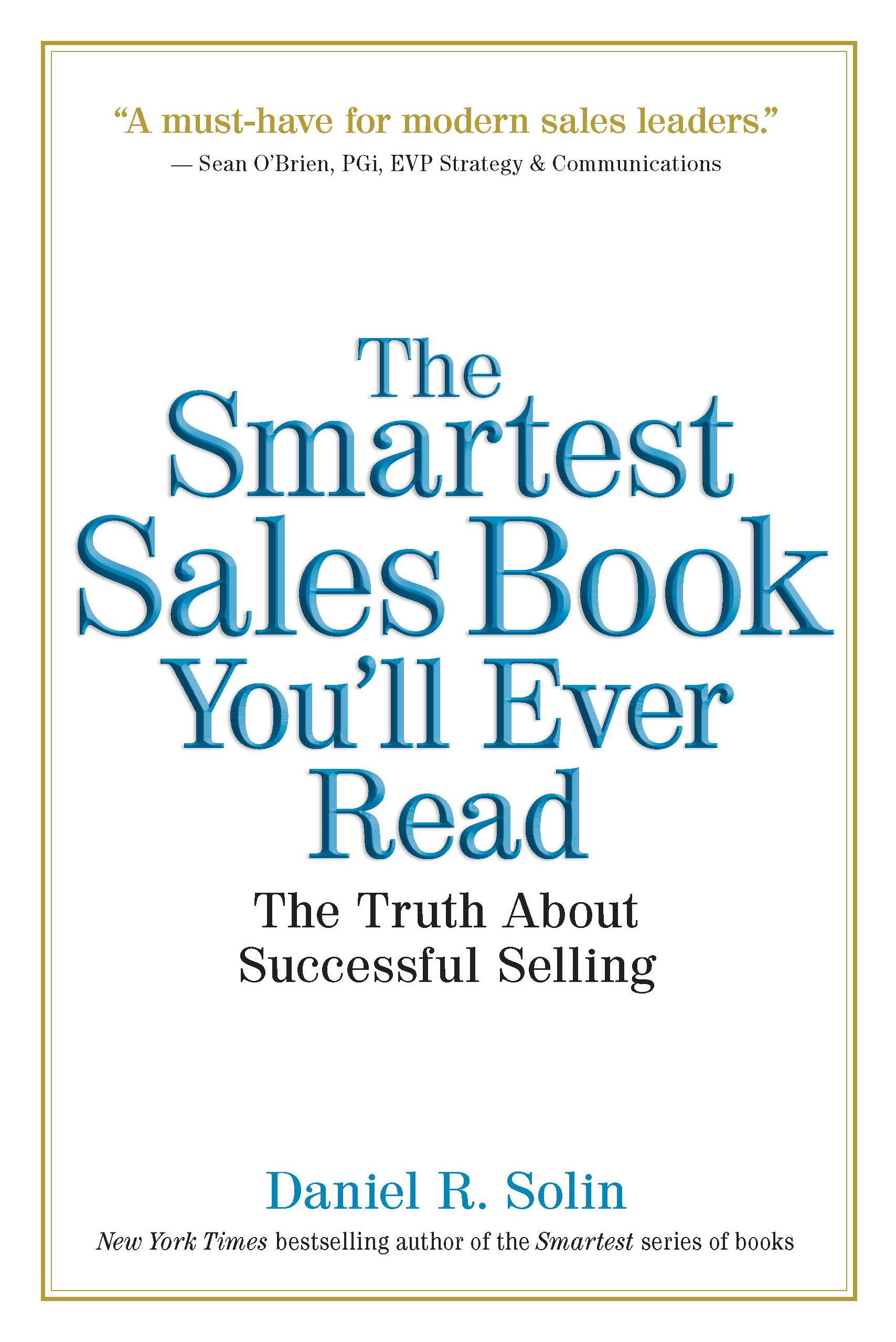For much of the past decade, I have been on a mission to persuade you to fundamentally change the way you invest. It's my firmly held view that the road to financial perdition begins with a call to a broker or adviser who claims to be able to "beat the markets."
I am not alone in this effort. I have followed in the footsteps of John Bogle, Burton Malkiel, Jason Zweig, Larry Swedroe, William Bernstein, Rick Ferri, Mark Hebner and many others, all of whom have written excellent books marshaling the arguments for "evidence-based investing."
Evidence-based investing is premised on hundreds of peer-reviewed studies and Nobel Prize-winning research. The good news is this form of investing is simple to implement: Determine your asset allocation (the division of your portfolio among stocks, bonds and cash) and invest in a globally diversified portfolio consisting solely of low-management-fee index funds, passively managed funds or exchange-traded funds.
The bad news is there is an entire industry of active managers who are devoted to trying to persuade you to entrust your money to them based on their purported ability to pick mispriced stocks, time the markets and identify the next "hot" fund manager.
While doing research for my new book, The Smartest Sales Book You'll Ever Read, I had an epiphany. My work as an investment adviser puts me in contact with wealthy investors and successful advisers. Many of them seem profoundly unhappy. This anecdotal experience caused me to question what I was doing. What's the point of trying to maximize the expected returns of investors if it did not increase their level of happiness?
I ended up devoting almost one-third of my book to the subject of happiness, based on my review of hundreds of peer-reviewed studies on that subject.
The Centers for Disease Control and Prevention estimates that an astounding 10 percent of U.S. adults consider themselves "depressed." Even more troubling, 11 percent over age 12 take antidepressant medications, like Zoloft and Prozac. A recent blog post by Austin Perlmutter, a medical student at the Miller School of Medicine at the University of Miami, reported on two fascinating studies. Perlmutter notes that antidepressants typically increase either serotonin or dopamine, which are neurotransmitters in the brain. The neurochemical imbalance of these molecules is generally thought to be a cause of depression.
The studies noted by Perlmutter demonstrate an ability by the participants to increase levels of serotonin and dopamine through conscious thought, rather than powerful medications.
In one study, researchers used positron emission tomography (PET) scanning to measure the levels of a molecule representative of brain dopamine binding. They found significant increases during relaxation meditation in the brains of eight highly skilled meditation instructors.
A second study also used PET scanning to follow the uptake of "labeled serotonin precursors" in the brains of trained actors who were instructed to focus on happy and sad memories. When the participants focused on happy memories, the brain scans reflected an uptake of the serotonin building blocks. Sad memories produced the reverse affect.
The import of these studies is profound. We may have the ability within ourselves to positively impact our level of happiness, without powerful drugs.
These studies are similar to the ones referenced in my book. I found that more than 5 million people worldwide practice meditation. It's discussed in more than 600 research studies that have been published in more than 100 journals. Among the benefits of meditation are an increase in the ability to empathize with others, a reduction of stress, a reduction of blood pressure, an increased ability to learn and retain information, a reduction in chronic pain, and (not surprisingly) an increase in overall happiness.
If you are looking for an investment that has the potential to yield extraordinary returns without any downside risk, you should consider the well-documented benefits of meditation.
 Dan Solin is the director of investor advocacy for the BAM ALLIANCE and a wealth advisor with Buckingham Asset Management. He is a New York Times best-selling author of the Smartest series of books. His latest book, The Smartest Sales Book You'll Ever Read, has just been published.
Dan Solin is the director of investor advocacy for the BAM ALLIANCE and a wealth advisor with Buckingham Asset Management. He is a New York Times best-selling author of the Smartest series of books. His latest book, The Smartest Sales Book You'll Ever Read, has just been published.
The views of the author are his alone and may not represent the views of his affiliated firms. Any data, information and content on this blog is for information purposes only and should not be construed as an offer of advisory services.
